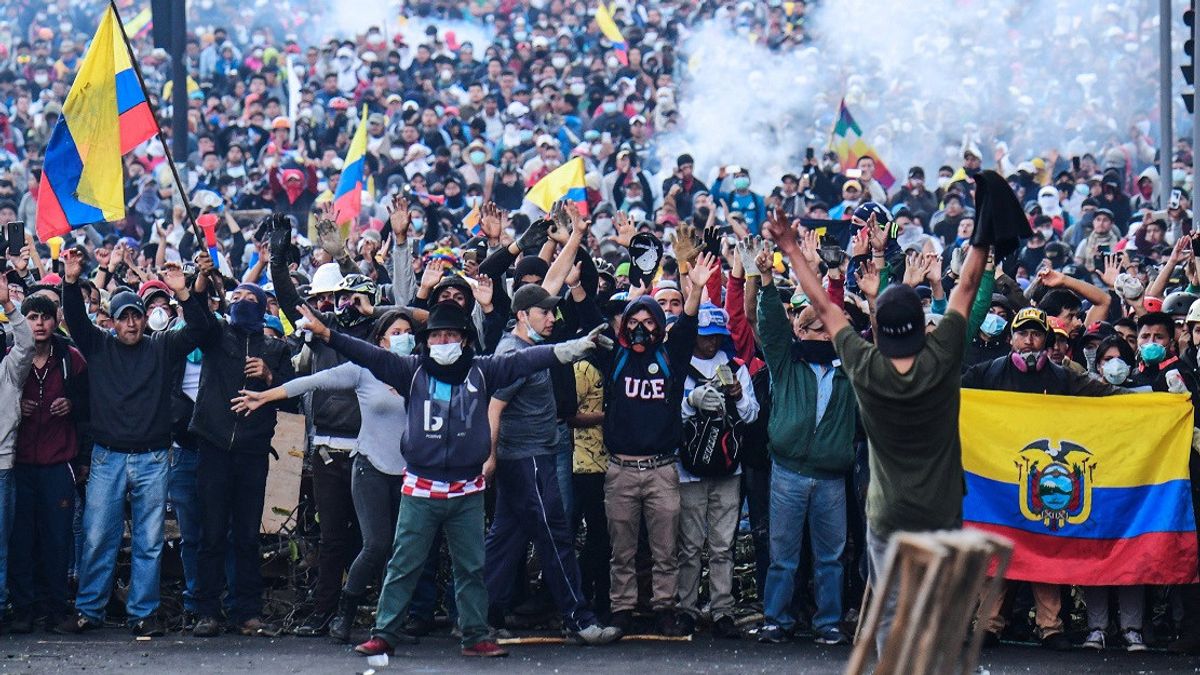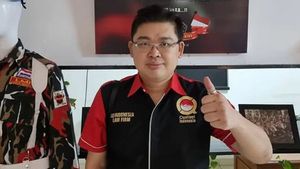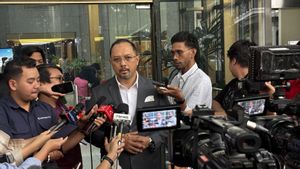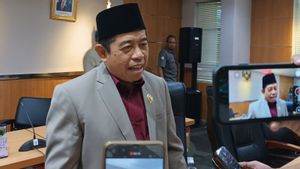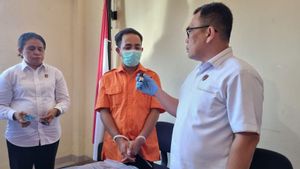JAKARTA - Ecuador's government on Thursday agreed to a request by demonstrators who have held an 11-day rally, giving them access to a cultural center, but violent confrontations during the protests have continued.
Insecurity over prices for fuel, food and other basic necessities has erupted into sometimes violent protests across the country since June 13, prompting President Guillermo Lasso to declare 'special' circumstances in six provinces, including the capital Quito.
The demonstrations, which lasted longer and were bigger than the fuel price march in October last year, tested President Lasso's ability to restart the economy and get jobs started.
President Lasso has a hostile relationship with the national assembly, whose lawmakers have blocked his proposal, while he has struggled to contain the escalating violence he accuses of drug gangs.
On Thursday afternoon, the government allowed thousands of protesters into the headquarters of a major cultural organization, pulling back security forces there. Instead, they requested that people and goods such as food and medicine be allowed to circulate freely.
"It is impossible to revoke the exemption status," Government Minister Francisco Jimenez told local radio on Thursday morning, referring to another protester's demands.
However, he continued, the government has complied with the protesters' other requests, including subsidized fertilizers, forgiveness of bank debts and an increase in the budget for health and education.
"We didn't come here for the dead, for the injured," said Leonidas Iza, head of the indigenous group CONAIE.
Ecuador The economy has collapsed. The public are taking to the streets to protest against the cost of living crisis - cost of lockdowns crisis. #Ecuador pic.twitter.com/M6Xa9QPrwN
— James Melville (@JamesMelville) June 23, 2022
Despite the cultural center movement, confrontations between protesters and security forces continued in Quito on Thursday afternoon, with large groups of protesters gathering north of the city to demand an end to the blockade.
Demonstrators have entered flower plantations and oil blocks, causing damage in several places and negatively impacting crude oil production.
State-owned oil company Petroecuador reported production fell by almost half because of the protests.
"We lost power plants, secondary pipelines, collection stations, and the Trans-Ecuadorian (SOTE) pipeline has no crude oil to pump," Petroecuador manager Italo Cedeno told local radio.
Protest leaders condemned police violence during demonstrations, with a protester identified as Byron Guatatoca dead after being hit in the head by a tear gas canister.
Last week, another protester died after falling into a ravine. Meanwhile, the Health Ministry said two people died in the ambulances that were delayed due to the road blockade.
Earlier, thousands of protesters held a peaceful march through Ecuador's capital, Quito, on Wednesday to demand President Guillermo Lasso address rising prices that have sparked 10 days of demonstrations across the country.
Anxiety over the cost of fuel, food and other basic necessities has erupted into sometimes violent protests in several cities, most of which were led by large indigenous groups who traveled to Quito to protest.
"Everything is expensive, we can't take it anymore," said Jose Guaraca, who joined the peaceful protest after traveling from his native city of Guamote by truck to Quito to demand lower fuel prices and better incomes for farmers.
The English, Chinese, Japanese, Arabic, and French versions are automatically generated by the AI. So there may still be inaccuracies in translating, please always see Indonesian as our main language. (system supported by DigitalSiber.id)
